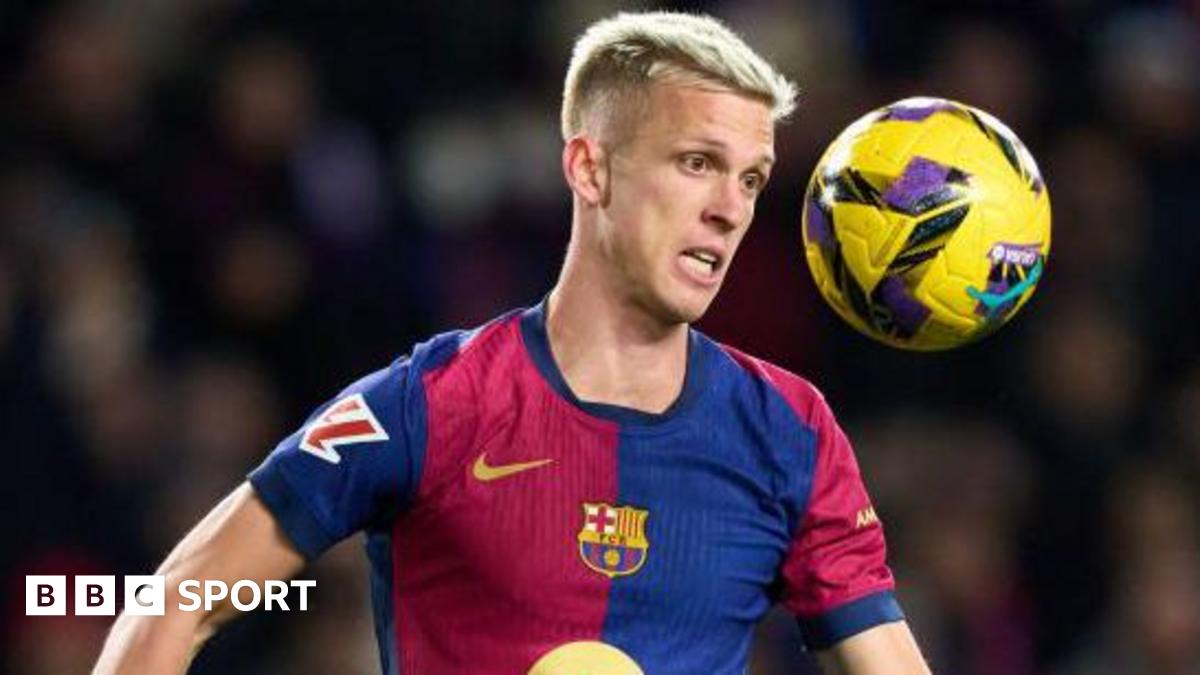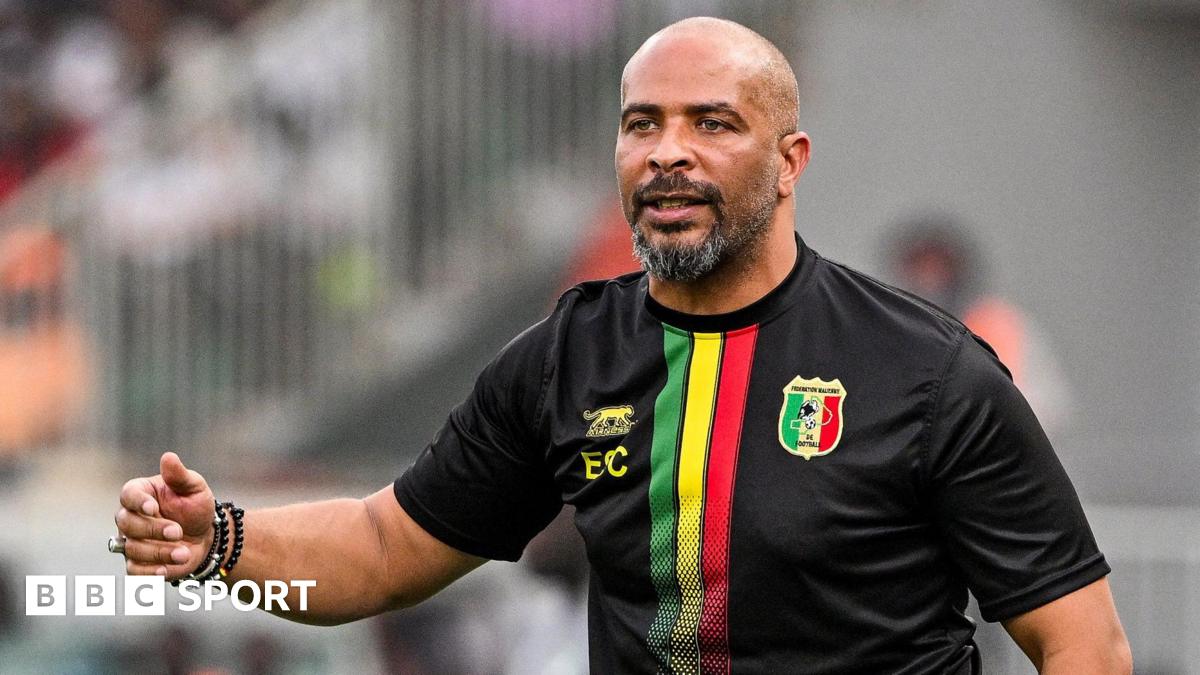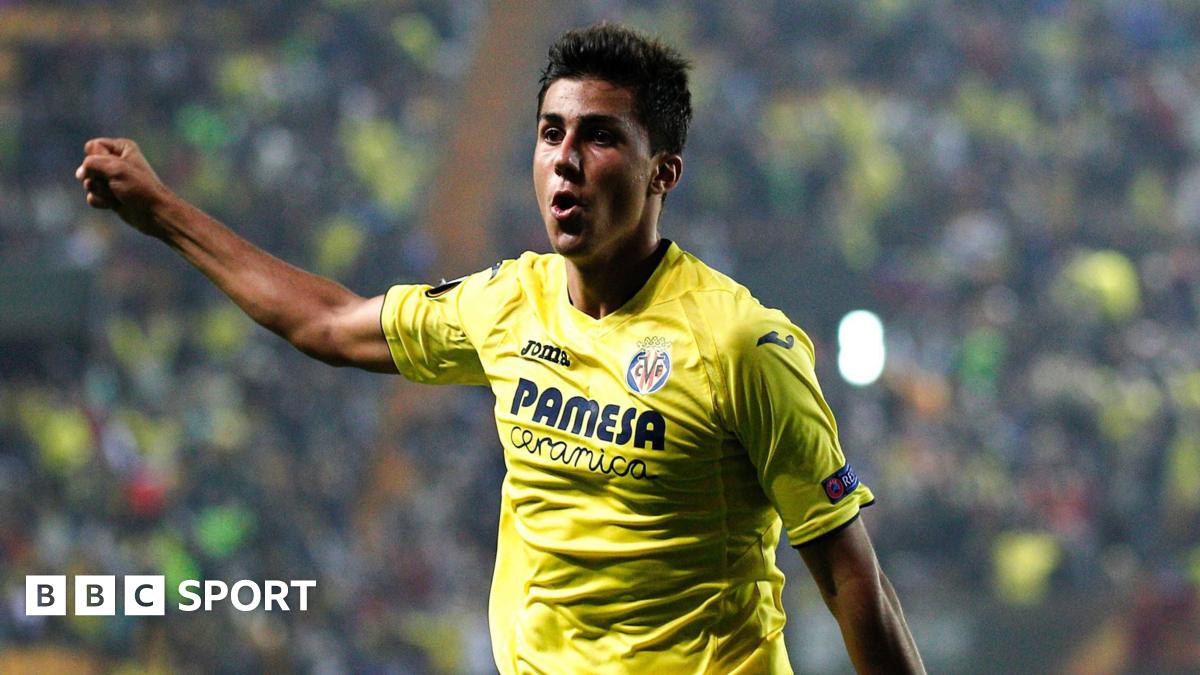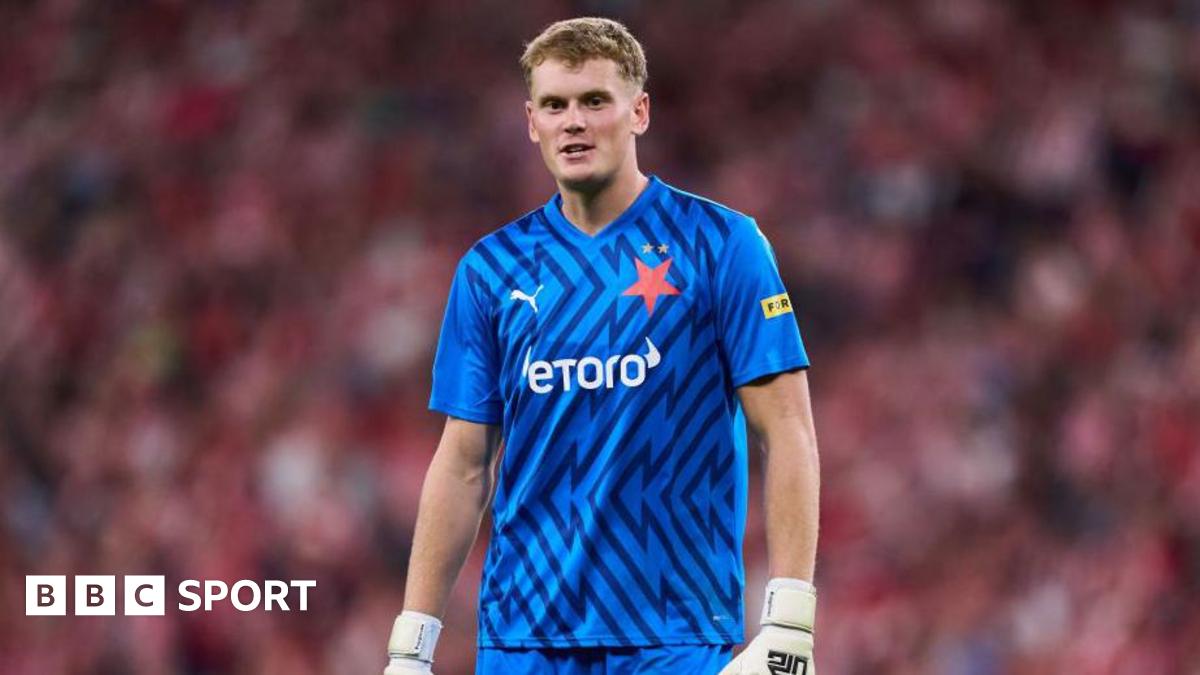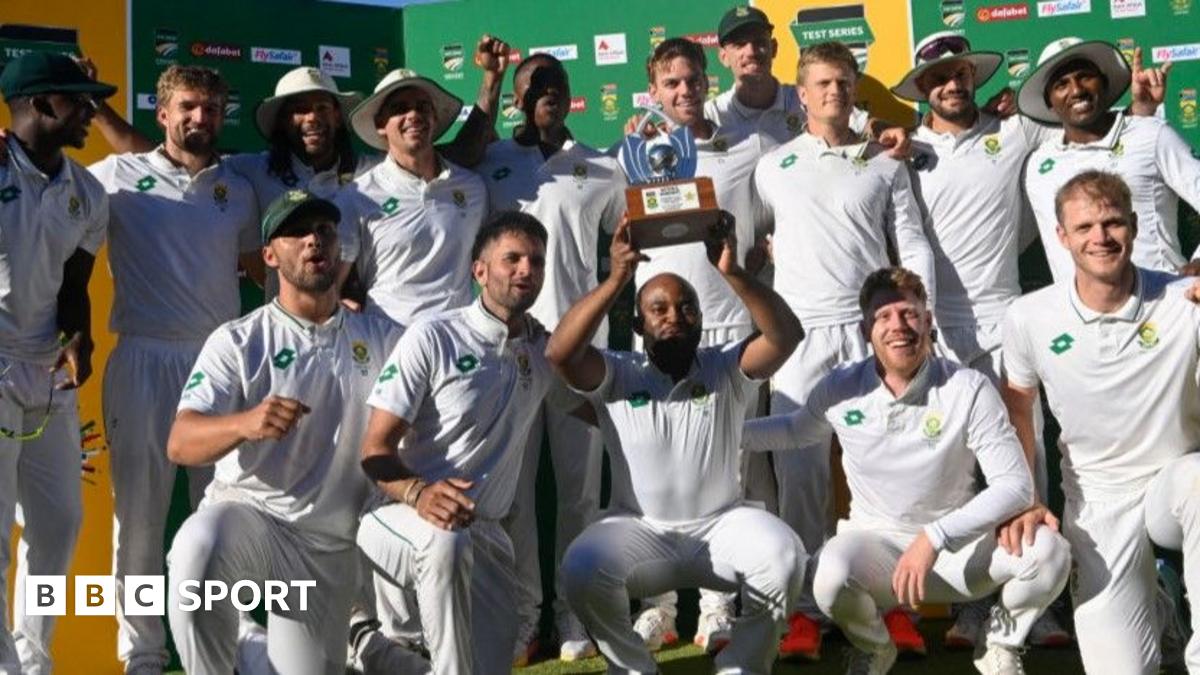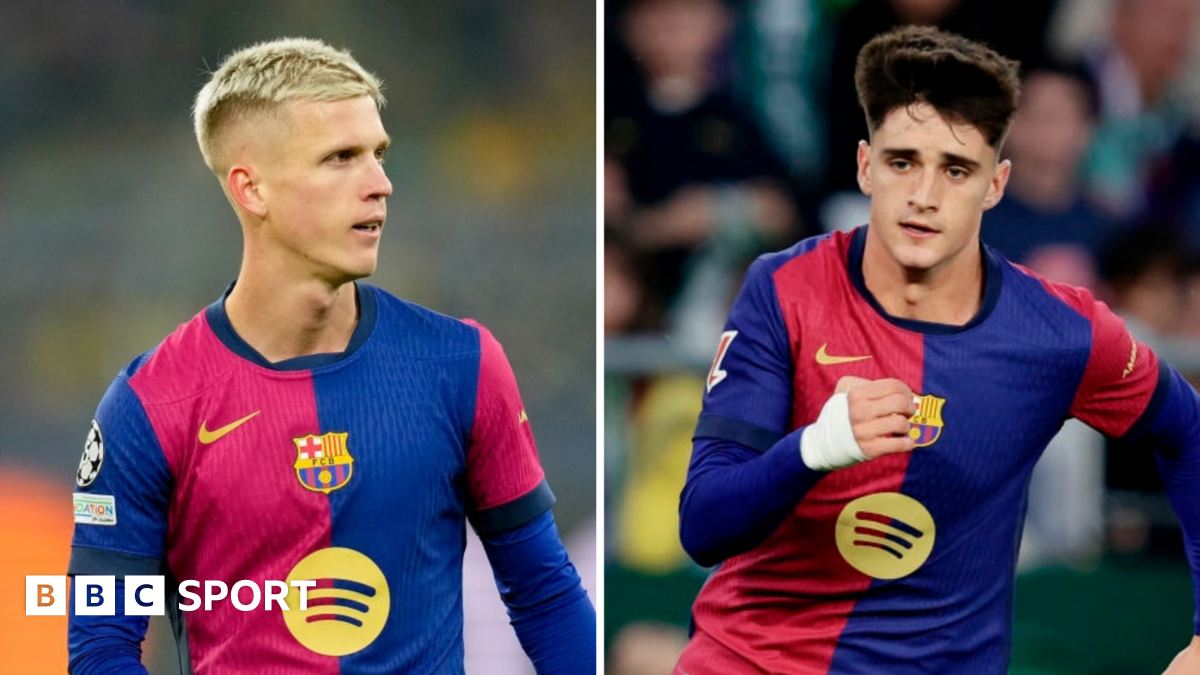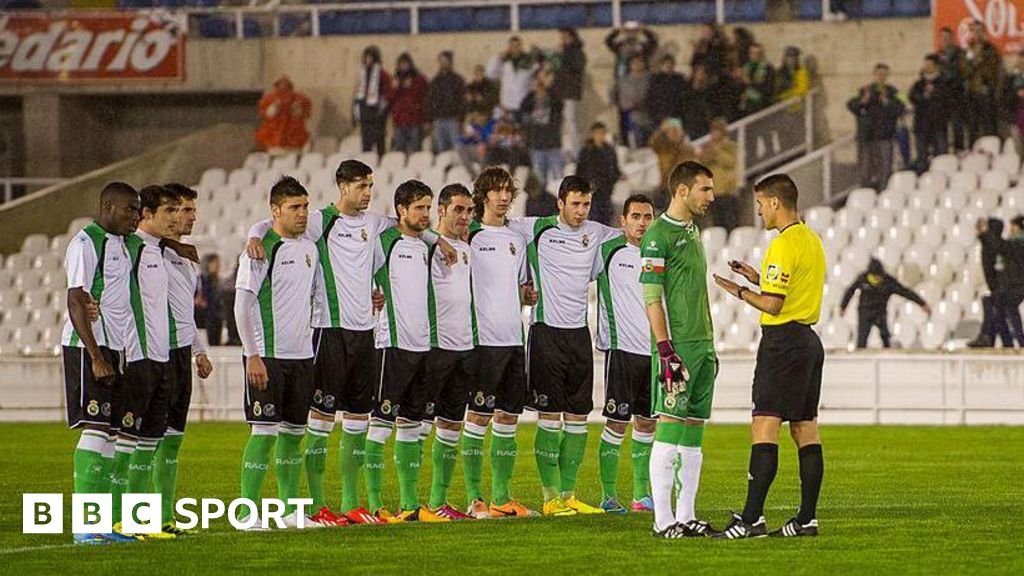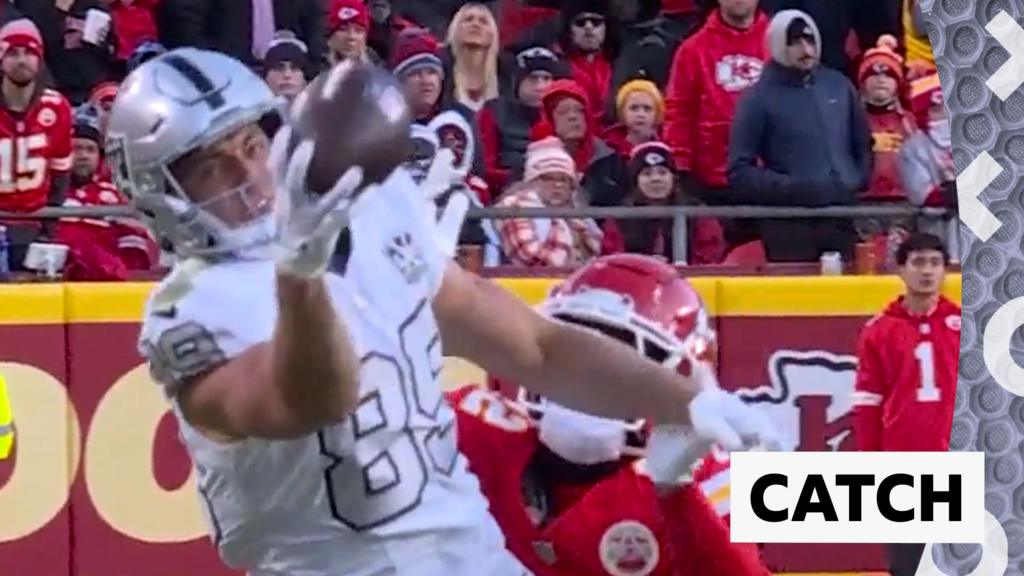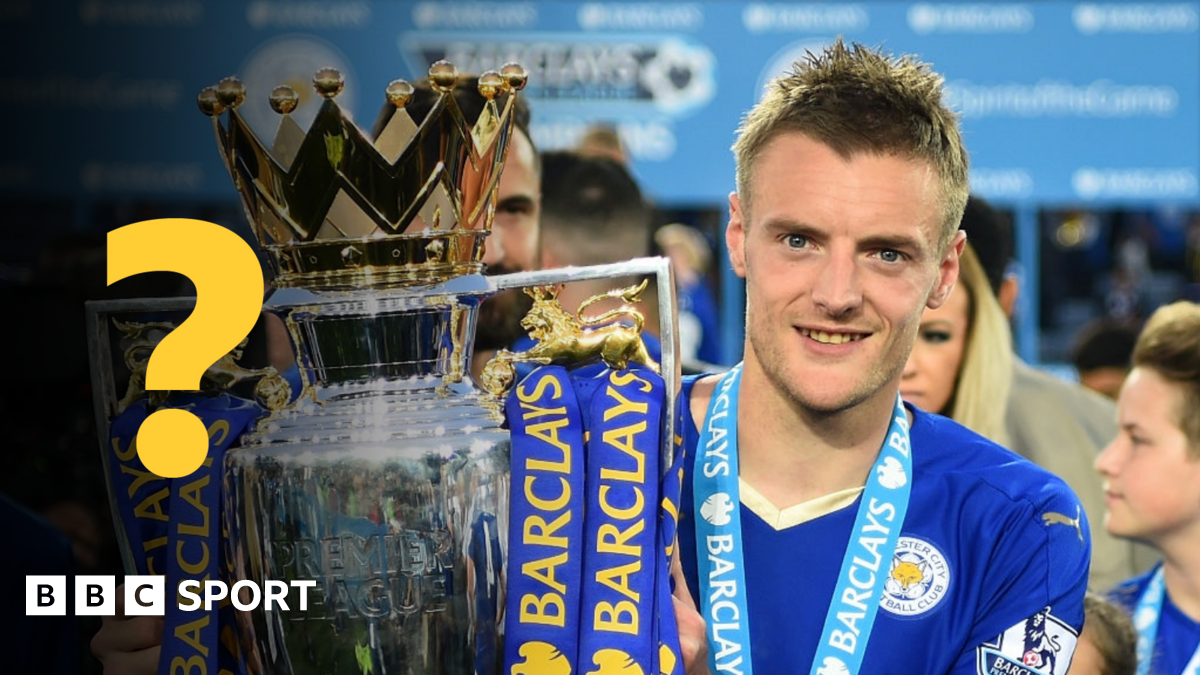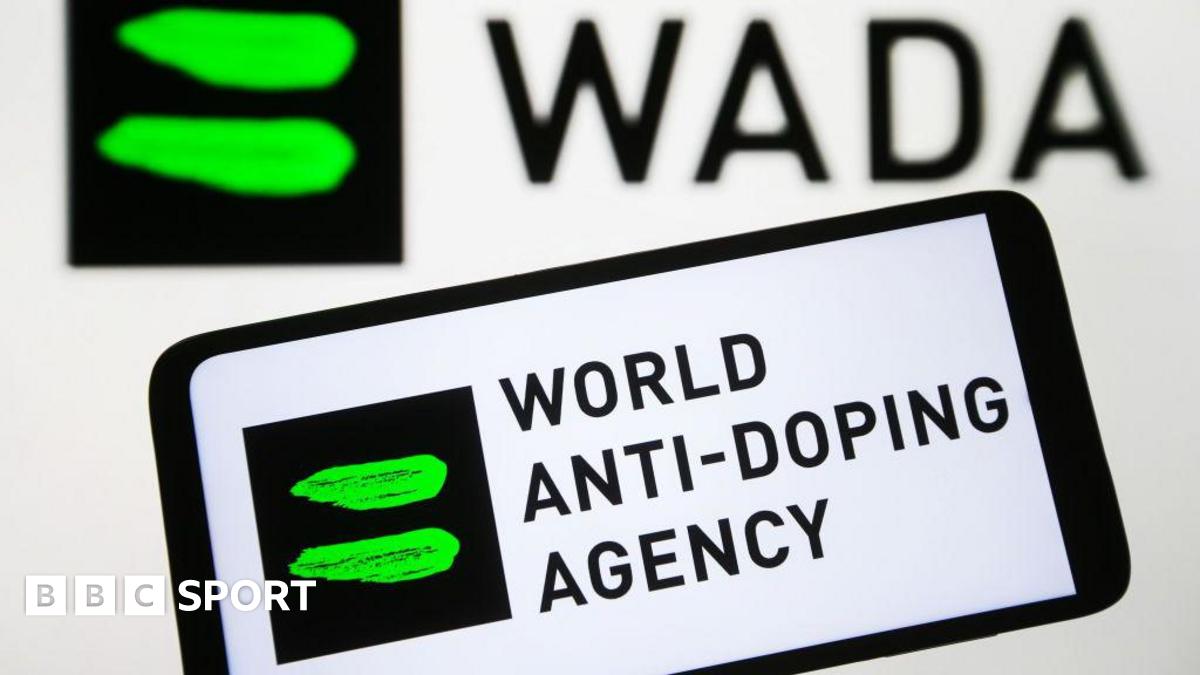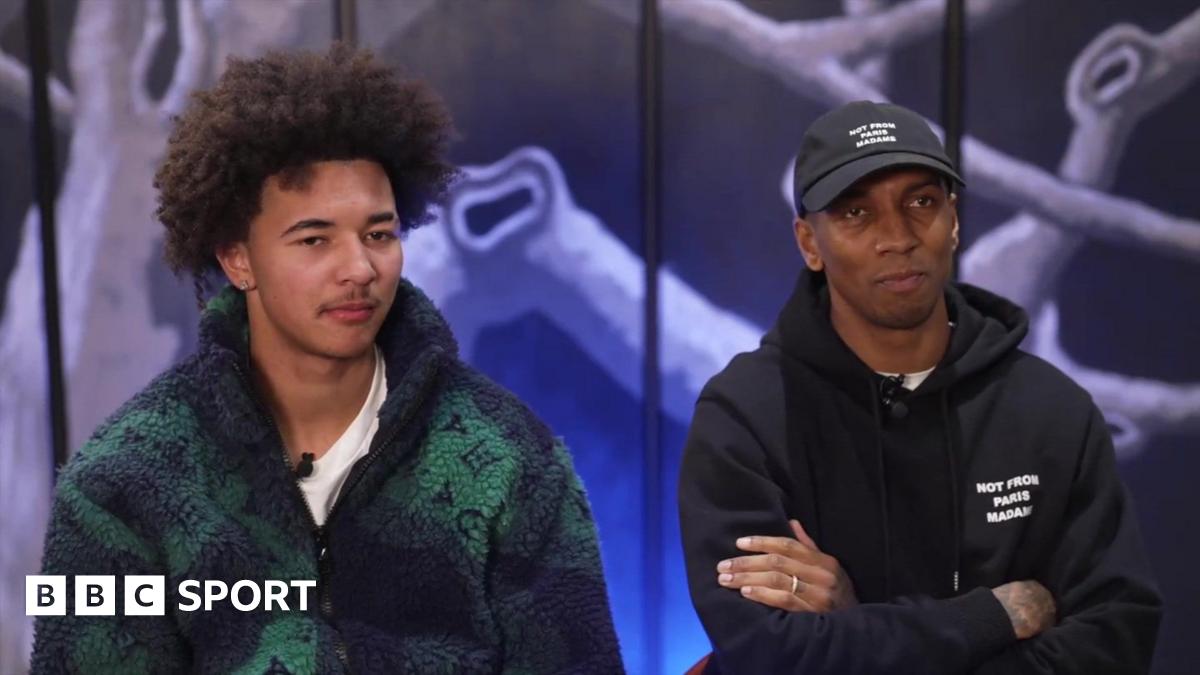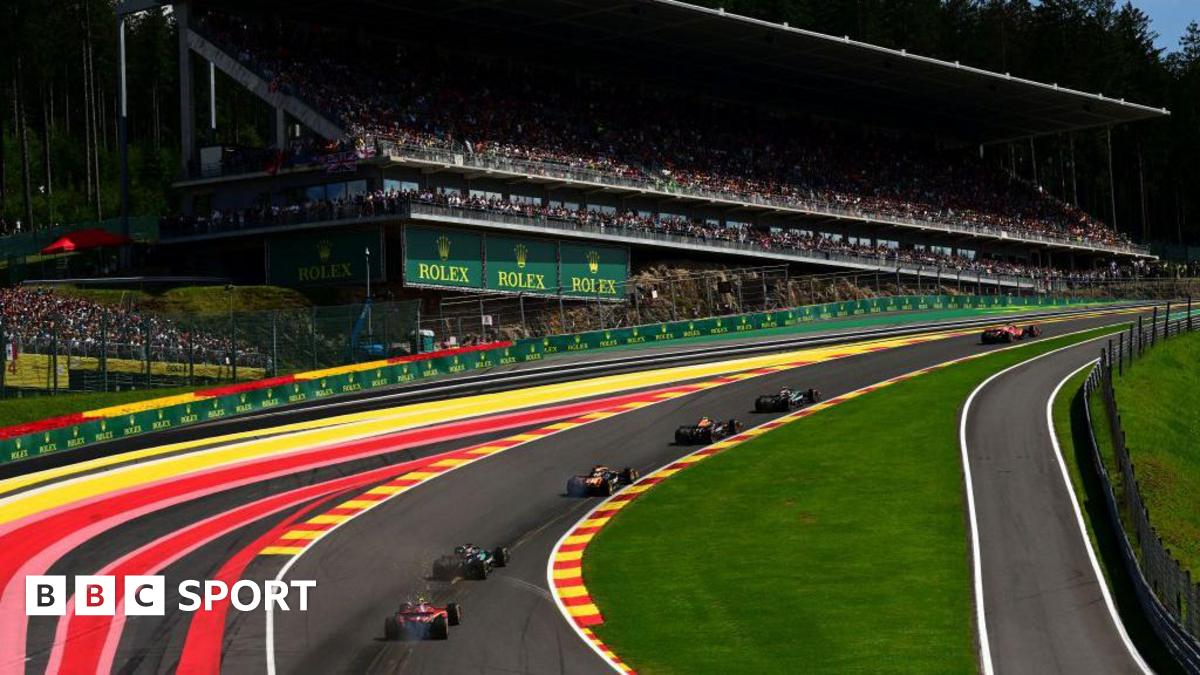There might be a lack of silverware, but the history of Racing Santander is far from insignificant. The club from Cantabria were among La Liga’s 10 founding members, and after playing in 44 top-flight seasons they occupy 15th in the all-time table.
In 2008-09 they beat Manchester City and drew with Paris St-Germain in the Uefa Cup. Yet by 2013 the club had fallen into disarray. After 10 successive campaigns in the top flight, back-to-back relegations left the Verdiblancos in the regionalised semi-professional third tier. But that was the least of their problems.
Indian businessman Ahsan Ali Syed bought the club in early 2011, yet within months it was being reported that Racing’s financial problems had not gone away. By the summer, they were in bankruptcy protection.
Club president Francisco Pernia and his board later resigned. Pernia’s successor, Angel Lavin, promised an instant return to La Liga, vital for the financial health of the club. Instead, the 2012-13 campaign ended with relegation.
Matters came to a head during Racing’s improbable run to the following season’s Copa del Rey quarter-finals, during which they eliminated top-flight Sevilla and Almeria. After demands for the board to resign were ignored, Racing players followed through with their threat to refuse to play.
Racing were disqualified and barred from the following season’s competition, but the image of players standing arm-in-arm on the pitch brought global attention to the club’s plight.
“I’ll never forget the greatest feeling of pride of being a Racing fan and of those boys wearing our shirt,” lifelong fan and season ticket holder Aitor Alexandre tells BBC Sport.
“I have rarely seen so many people cry. It was the day we knew we were indestructible, that we had won the war and that no-one could try to destroy the club again.”
Lavin was removed as president the following day. In 2022, he began a prison sentence of two years and nine months for for fraud and embezzlement.
In 2022, Syed was the subject of an extradition request in London on behalf of the Swiss government, which alleged that he had used money acquired fraudulently to fund investments including his acquisition of Racing Santander.

